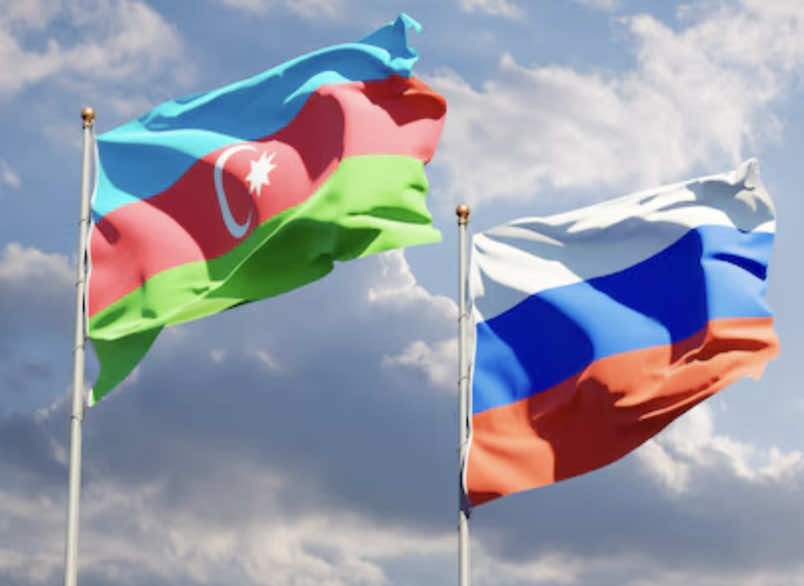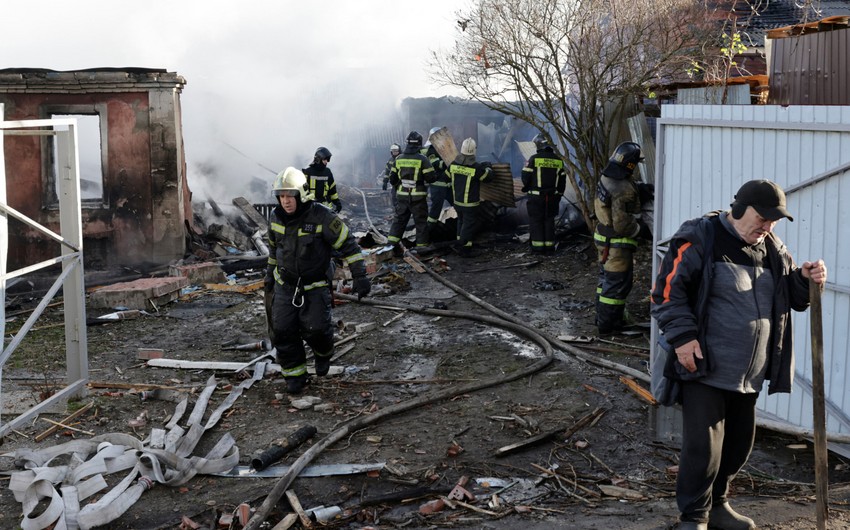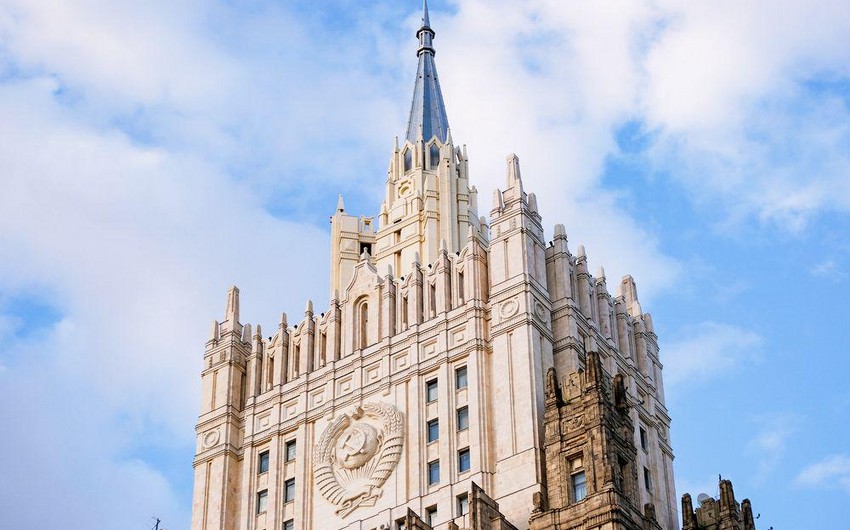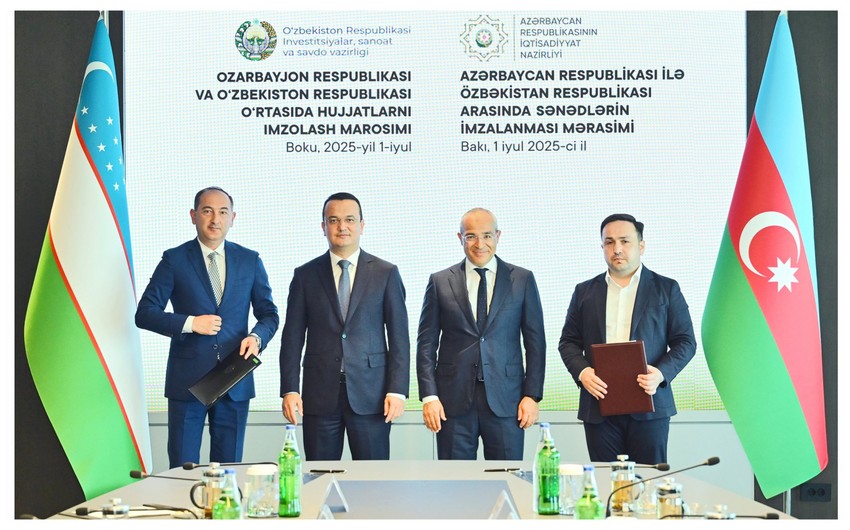Since the incident in Yekaterinburg on June 27, diplomatic tensions between Azerbaijan and Russia remain unresolved at the official level. Despite their stable trade relations and a history of maintaining a balanced and cooperative political approach toward one another, both Azerbaijan and Russia are currently seeking a resolution to the ongoing disagreement.
On this matter, Peter Tase, an international analyst and renowned journalist who writes extensively on international relations, Latin American affairs, and current developments in the South Caucasus, shared his views in an interview with Ednews. Here is what he had to say:
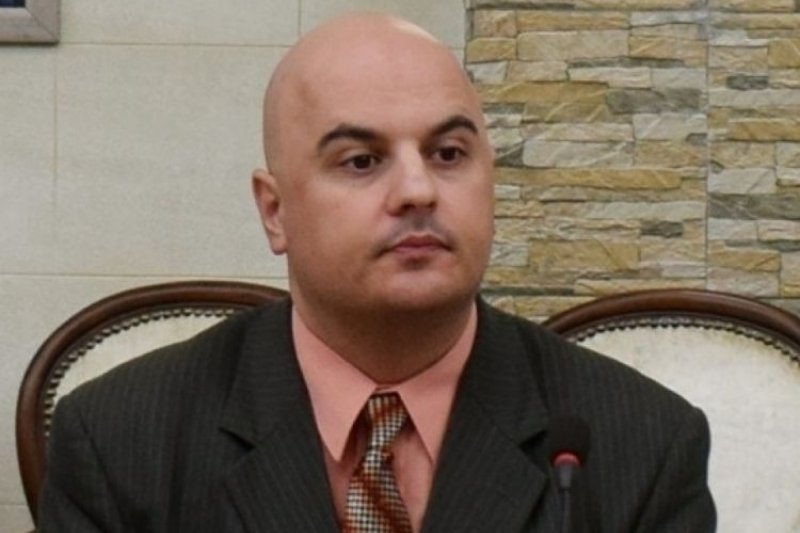
- In light of the recent events in Yekaterinburg, which have sparked significant public reaction and strained relations between Russia and Azerbaijan, how do you interpret the broader implications of this incident?
Russia is facing a deep economic crisis, worsened by global sanctions and escalating geopolitical tensions. Since 1950, Europe has seen 19 major geopolitical crises, and the invasion of Ukraine marks one of the most severe setbacks for Moscow.
Suspending all bilateral engagements with Russia was the right step. It is extremely troubling for the democratic world to witness such violence against Azerbaijani citizens, especially considering that Azerbaijan has not implemented any economic sanctions against Russian interests.
- What diplomatic or practical measures can be taken by both Russia and Azerbaijan to de-escalate tensions and prevent similar incidents in the future?
These tragic violations and the torture of an Azerbaijani citizen have left deep scars in the relationship. The most appropriate step forward would be an official apology from the responsible officials in Yekaterinburg.
- How might this incident impact the Azerbaijani diaspora in Russia, and what role can community leaders play in maintaining calm and promoting mutual understanding?
We are witnessing alarming levels of discrimination and mistreatment, fueled by growing anti-Turkish and anti-Azerbaijani sentiments in Russia. These are unprecedented times, and it feels as though the shadow of Stalinist repression is returning.
Healing the wounds caused by anti-Turkish and anti-Azerbaijani attitudes in Russia will not be quick or easy. It is a complex challenge that must be addressed carefully.
- Do you believe this situation reflects deeper, underlying issues in the bilateral relationship between Russia and Azerbaijan? If so, what long-term strategies might help strengthen mutual trust?
Under the admirable leadership of President Ilham Aliyev, Azerbaijan’s national interests are strongly safeguarded. The country’s foreign policy is at its peak, marked by increased engagement with the European Union and Western government.
Ibrahim Azizov

